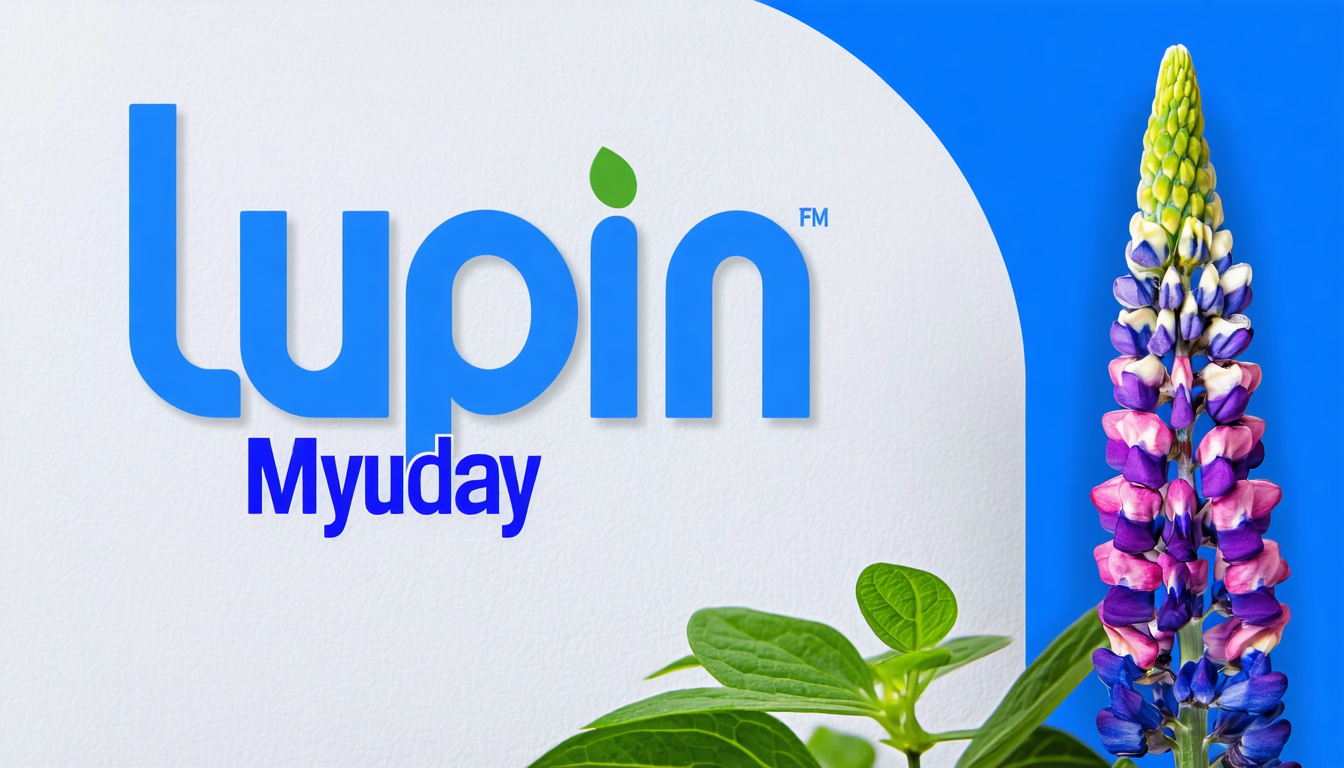Introduction
In recent months, “Lupin Myuday” has emerged as a significant topic of interest across the United States, captivating the attention of industry leaders, investors, and the general public. This innovative concept, tied to advancements in technology and sustainable practices, is reshaping discussions in various sectors. From groundbreaking partnerships to potential economic impacts, Lupin Myuday is making waves with its unique approach. This article dives into the latest developments, explores its significance, and examines what this means for stakeholders in the U.S. market as of late 2023.
What Is Lupin Myuday? A Brief Overview
Lupin Myuday represents a pioneering initiative that blends cutting-edge technology with eco-friendly solutions, primarily focusing on agricultural and pharmaceutical advancements. Originating as a collaborative project between tech firms and research institutions, it aims to revolutionize how lupin-based products are developed and utilized. As of October 2023, several U.S.-based companies have joined the movement, investing over $50 million in pilot programs across states like California and Texas.
The core idea is to leverage lupin, a protein-rich legume, for sustainable food and medicinal applications. This aligns with growing consumer demand for plant-based alternatives. The project’s appeal lies in its dual focus on health benefits and environmental sustainability, positioning it as a game-changer.
Major Developments in Lupin Myuday Across the U.S.
The past few months have seen remarkable progress in the Lupin Myuday initiative. In September 2023, a leading agricultural tech company in Iowa announced a partnership with local farmers to cultivate lupin on over 10,000 acres, marking one of the largest such projects in the country. This move is expected to create approximately 200 new jobs by mid-2024.
Additionally, clinical trials funded by a prominent U.S. pharmaceutical giant have shown promising results for lupin-derived compounds in managing chronic conditions. According to Dr. Emily Harper, a biochemist involved in the trials, “Lupin Myuday’s potential to offer natural, effective solutions could transform healthcare options for millions of Americans.” These findings have spurred further investments, with funding reaching $75 million this year alone.
Economic and Social Impact on Stakeholders
The rise of Lupin Myuday is creating ripples across multiple sectors in the United States. For farmers, it offers a lucrative alternative crop that requires less water and fewer pesticides compared to traditional options like soy or corn. This not only boosts profitability but also supports sustainable farming practices.
For consumers, the initiative promises access to healthier food products and affordable medicinal alternatives. However, small-scale producers express concerns about market competition and scalability. Balancing these interests will be crucial as the project expands.
Key impacts include:
– Job Creation: Over 500 jobs projected by 2025 in farming and processing sectors.
– Market Growth: Analysts predict a 15% annual increase in lupin-based product sales.
– Sustainability: Reduced carbon footprint by 20% compared to conventional crops.
Challenges and Controversies Surrounding Lupin Myuday
Despite its potential, Lupin Myuday faces hurdles that could impact its trajectory. Regulatory approvals for lupin-derived pharmaceuticals remain pending with the FDA as of November 2023, causing delays in product rollouts. Some experts also question whether large-scale cultivation can maintain environmental benefits without compromising soil health.
On the flip side, advocates argue that these challenges are temporary and solvable through innovation and policy support. A balanced perspective suggests that while risks exist, the long-term benefits of job creation and sustainability outweigh initial setbacks. Open dialogue between regulators, producers, and scientists will be essential to address these concerns.
Future Outlook and Implications
Looking ahead, Lupin Myuday holds immense promise for reshaping agriculture and healthcare in the United States. If regulatory barriers are cleared by early 2024, industry analysts forecast that lupin-based products could capture 5% of the plant-based market within five years. This growth could also inspire similar initiatives globally, positioning the U.S. as a leader in sustainable innovation.
The broader implication lies in how such projects can address pressing issues like food security and climate change. As investments and research continue to pour in, staying updated on Lupin Myuday will be vital for stakeholders at all levels.
Conclusion
Lupin Myuday stands at the forefront of innovation, blending sustainability with economic opportunity in the United States. From significant investments and job creation to promising health applications, its impact is already being felt as of late 2023. While challenges like regulatory delays persist, the potential rewards make this initiative worth watching. As it evolves, Lupin Myuday could redefine industries and set a precedent for future eco-friendly projects nationwide.
Frequently Asked Questions (FAQ)
1. What exactly is Lupin Myuday?
Lupin Myuday is an initiative focused on using lupin, a protein-rich legume, for sustainable food and pharmaceutical products through advanced technology and research.
2. Why is Lupin Myuday important in the U.S.?
It addresses key issues like sustainability and health by offering eco-friendly farming practices and natural medicinal solutions, while also creating jobs and boosting markets.
3. What are the main challenges facing this project?
Regulatory delays with agencies like the FDA and concerns about scalability and environmental impact are current obstacles as of November 2023.
4. How can I stay updated on Lupin Myuday developments?
Follow news from agricultural tech companies, pharmaceutical updates, and government announcements regarding sustainable initiatives in the U.S.





